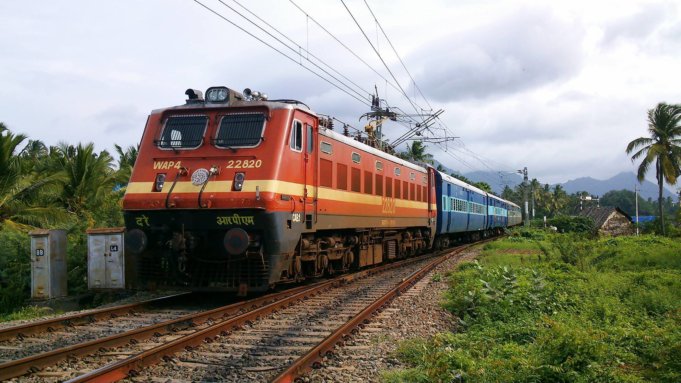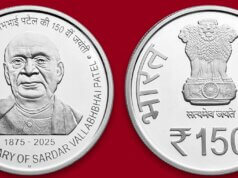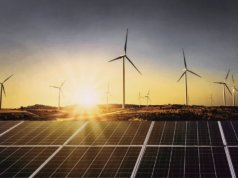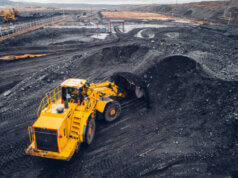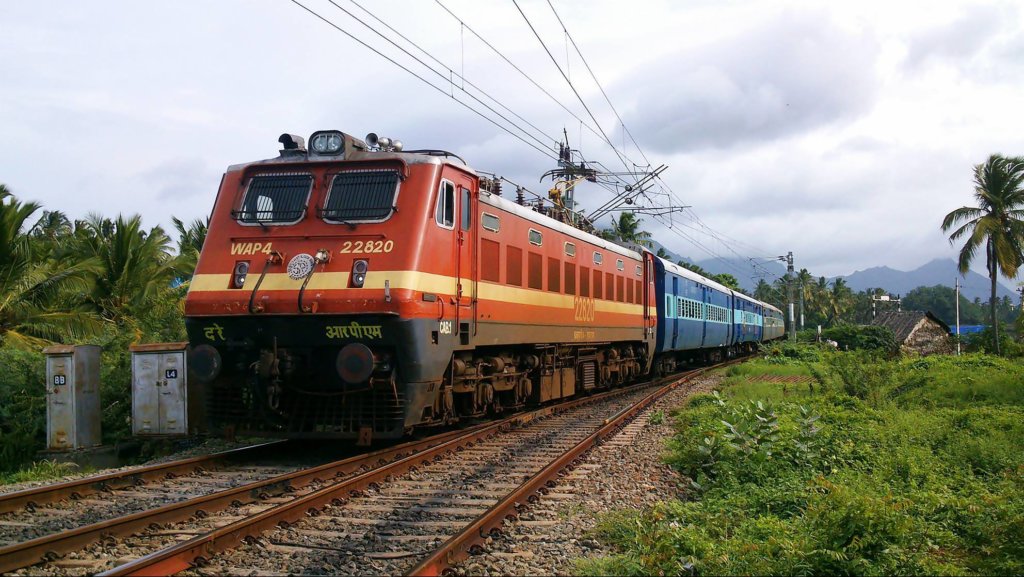 The Railways will implement Rs 18,000 crore project to operate trains at a speed of 160 km per hour on the Delhi-Mumbai and Delhi-Kolkata routes by upgrading infrastructure.
The Railways will implement Rs 18,000 crore project to operate trains at a speed of 160 km per hour on the Delhi-Mumbai and Delhi-Kolkata routes by upgrading infrastructure.
Once work on the project begins, it will take at least four years to be completed.
The Railways’ target is to operate high-speed trains in two categories — at 160 km per hour on the Delhi-Mumbai and Delhi-Kolkata routes, and up to 320 km per hour under the ongoing bullet train project between Mumbai-Ahmedabad.
Presently, the average maximum speed of trains on various routes is 99 km per hour. The Delhi-Varanasi Vande Bharat Express touches an average speed of 104 km per hour on the Delhi-Kanpur section.
The upgrade of infrastructure includes fencing, upgrade of track and signalling, and elimination of unmanned level crossings. As part of modernisation, the 68,000 km broad gauge track network will be electrified in the next three years.
At present, 28,000 km is electrified and a target of 7,000 km has been set for 2020.
Moreover, the Railways will also implement a multi-tracking project in the 34,000 km busy and utilised rail network in a phased manner. Additional tracks will be laid in these routes as nearly 96 percent of the country’s trains ply there.
Apart from this, 95 percent of rail coaches have environment-friendly washrooms while the rest will be implemented in the next two to three months. In the next five years, 100 units of Vande Bharat Express will also be manufactured.
The Railways is also planning to upgrade passenger services and amenities, production of rolling stocks and capacity building.
Railway Board Chairman V K Yadav inaugurated the International Rail Conference-2019 and the 13th International Railway Equipment Exhibition on 22 October 2019 in New Delhi.
The events have been organised by the Confederation of Indian Industry (CII) in association with the Railways at Aerocity.





